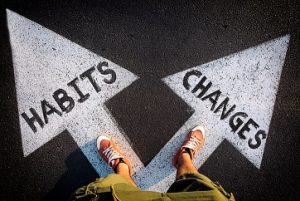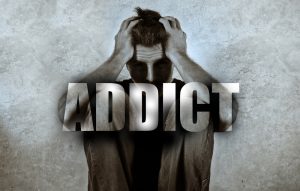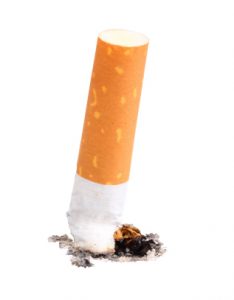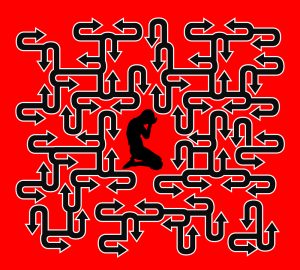Substance abuse and addiction in teens is all too a common a problem for families. It is important for parents to be alert and aware of their teens social life as well as any behavioral changes. Parents who are not involved with their teens many times discover the hard way that their teens have substance abuse issues.

article, “How To Tell If Your Child Has A Substance Abuse Issue | A Comprehensive Guide For Parents” from ARK Behavioral Health takes a closer look at telltale signs of substance abuse in teens that parents can learn to spot. The article states,
“If you notice the above signs, talk to your child. Calmly ask if they’ve been using drugs, what types of drugs they’ve been using, and why they started using. Your child may deny any drug use. If evidence suggests otherwise, consider scheduling a substance use screening. If your child has been abusing drugs, try to remain calm. Remember that substance abuse often stems from mental pain. It can also quickly turn into addiction, which is a disease and not a moral failing. Instead of getting angry, get help. ”
To read the entire article, please click Substance Abuse in Children
Please also review AIHCP’s Substance Abuse Consulting Certification and see if it meets your academic and professional goals. The program is online and independent study and open to qualified professionals seeking a four year certification in Substance Abuse Consulting.









